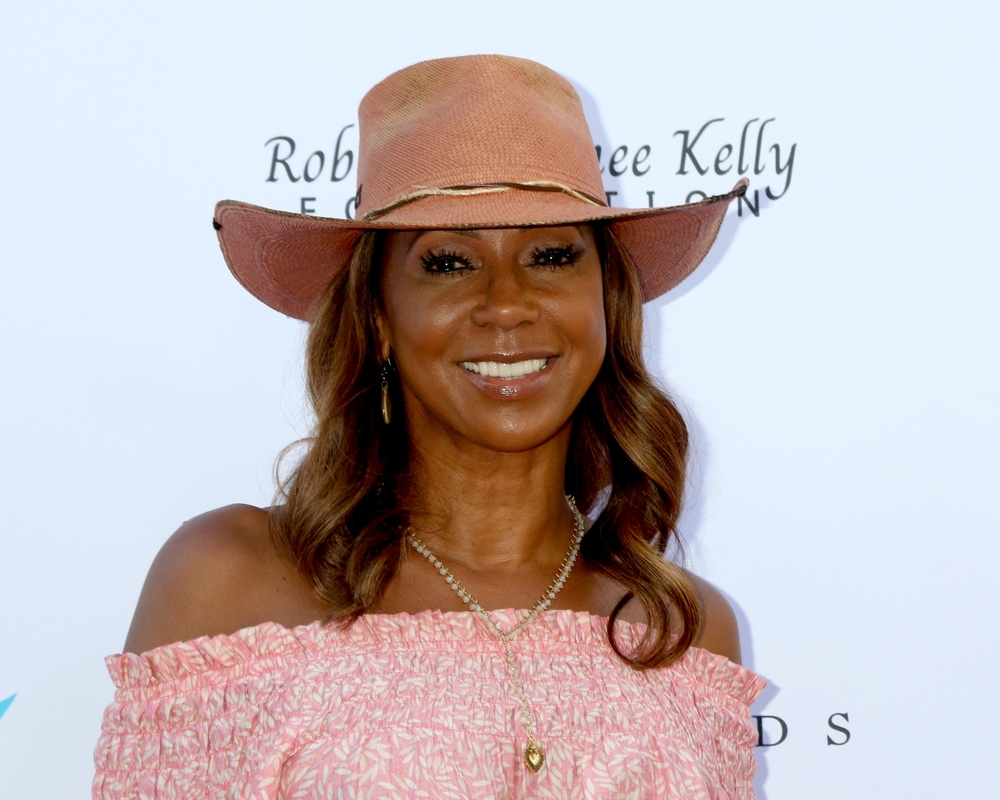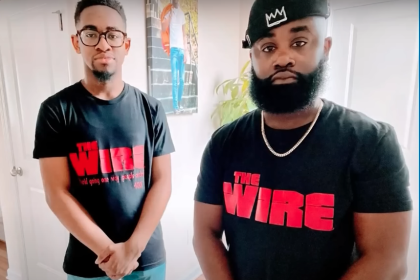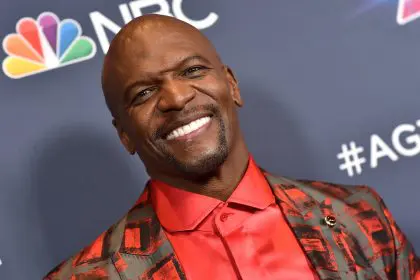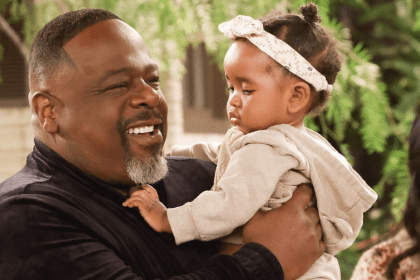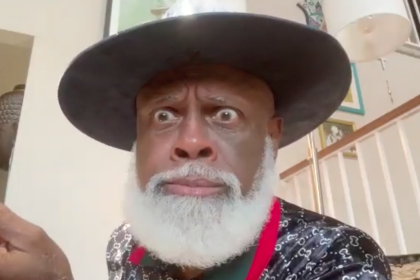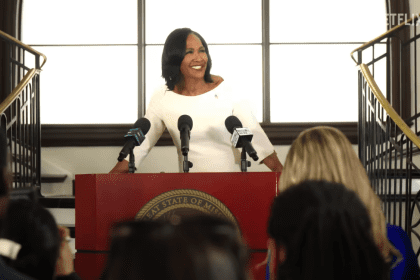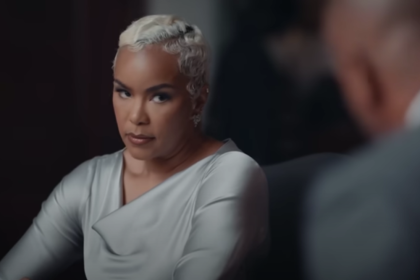In an industry where youth often overshadows almost all, a groundbreaking lawsuit has exposed the stark reality of age discrimination in Hollywood, particularly affecting established talents in their 40s, 50s, and beyond. The case — centered around veteran actor Holly Robinson Peete and filed by former casting director Penny Perry — unveils troubling patterns at one of television’s most prominent networks.
When experience becomes a liability
The entertainment industry’s obsession with youth has created an environment where decades of expertise can become a career liability. Perry’s lawsuit against the Hallmark Channel reveals systematic practices of replacing seasoned talent with younger faces, regardless of skill or audience appeal. This practice mirrors broader workplace dynamics where professionals over 40 face increasing scrutiny and diminishing opportunities.
The allegations paint a concerning picture of how the industry views talent beyond a certain age threshold. Peete —an accomplished performer with a career spanning four decades — reportedly faced dismissal from leading roles despite her proven track record and dedicated following, according to Variety.
The ripple effect across entertainment
This lawsuit’s implications extend far beyond individual careers. It highlights a systemic issue affecting countless professionals in the entertainment industry who face career uncertainty as they age. The practice of sidelining experienced talent creates a troubling precedent that reverberates through writers’ rooms, production offices and casting departments.
The impact becomes particularly evident in the types of stories being told and who gets to tell them. When networks systematically exclude mature voices — even as they feature individual projects like CBS’ remake of “Matlock” with 76-year-old Kathy Bates as the lead — they lose the nuanced perspectives that come with lived experience. This narrowing of viewpoints ultimately affects the quality and depth of content reaching audiences.
A mirror to corporate America
The entertainment industry’s age bias reflects similar challenges in other professional sectors. Many industries grapple with unspoken age limits and biased perceptions about older workers’ abilities to adapt and contribute meaningfully. This lawsuit brings these conversations into the spotlight, challenging assumptions about value and innovation being exclusively tied to youth.
The economic fallout
Beyond the personal toll, age discrimination carries significant economic consequences. Experienced professionals often find themselves pushed out of high-paying positions, facing reduced opportunities and financial instability during their peak earning years. This pattern creates a concerning cycle where valuable talent gets underutilized or entirely dismissed from the workforce.
Breaking the cycle
The lawsuit represents more than just a legal challenge; it’s a potential catalyst for change in how the industry approaches talent and experience. Success could establish precedents protecting professionals across entertainment and beyond, while failure might reinforce existing biases.
Some production companies have already begun recognizing the value of multigenerational talent, both on-screen and behind the scenes. These forward-thinking organizations understand that authentic storytelling requires diverse perspectives, including those that come with years of experience.
A path forward
The industry stands at a crossroads. While the lawsuit’s outcome remains uncertain, it has already sparked crucial conversations about representation, value and opportunity. The challenge now lies in translating these discussions into meaningful change.
Progress requires more than just legal action. It demands a fundamental shift in how the industry views talent and experience. This includes:
- Developing opportunities that showcase experienced talent in leading roles
- Creating mentorship programs that value cross-generational knowledge sharing
- Implementing hiring practices that evaluate skill and ability rather than age
- Supporting projects that tell stories reflecting diverse age perspectives
The bigger picture
This case exemplifies a broader struggle for recognition and respect in an industry often resistant to change. It’s not just about securing roles or maintaining careers; it’s about ensuring that entertainment reflects the full spectrum of human experience.
As audiences increasingly demand authentic representation across all demographics, the industry must adapt or risk losing relevance. The power lies not just in legal outcomes but in continued advocacy for meaningful change in how Hollywood values experience and maturity.

